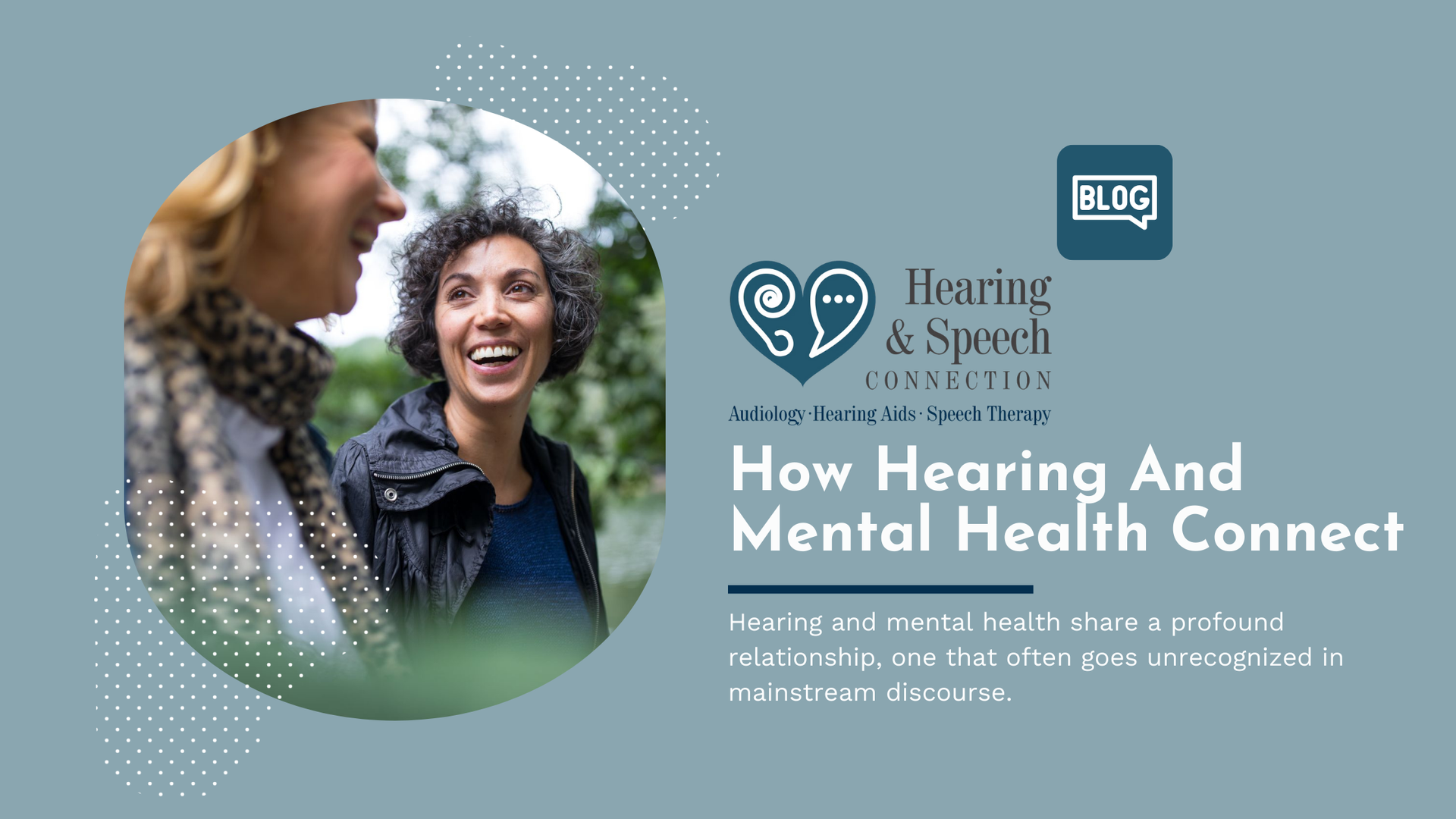Why Avoiding Hearing Tests Can Make Matters Worse
Regular hearing tests are essential for maintaining optimal hearing health and overall well-being. In this article, we'll explore why avoiding hearing tests can exacerbate hearing loss. By understanding the importance of regular screenings and addressing any concerns promptly, you can take proactive steps to preserve your hearing health!
Early Detection Leads to Early Intervention
One of the primary reasons why regular hearing tests are crucial is the opportunity for early detection of any hearing-related issues. Similar to other health conditions, early detection of hearing loss enables early intervention, which can help mitigate further damage and improve treatment outcomes. By identifying hearing loss in its early stages, individuals can explore various treatment options, such as hearing aids or assistive devices, to manage their condition effectively and maintain a high quality of life. Delaying or avoiding hearing tests can result in missed opportunities for early intervention, allowing hearing loss to progress unchecked and potentially leading to more significant challenges down the road.
Untreated hearing loss can have far-reaching consequences, including social isolation, communication difficulties, and decreased cognitive function. Prolonged exposure to untreated hearing loss can exacerbate the condition and make it more challenging to manage in the future. By regularly monitoring your hearing health through routine tests, you can detect changes early and take proactive steps to prevent further deterioration of your hearing abilities. Avoiding hearing tests may inadvertently contribute to the progression of hearing loss, ultimately impacting your quality of life and overall well-being. By prioritizing regular screenings, you can protect your hearing health and enjoy continued engagement with the world around you.
Identification of Underlying Health Issues
Hearing tests are not only essential for assessing hearing abilities but also for identifying underlying health issues that may be contributing to hearing loss. Certain medical conditions, such as cardiovascular disease, diabetes, and thyroid disorders, can impact hearing health and may manifest as changes in hearing abilities. By undergoing regular hearing exams, individuals can detect these underlying health issues early and seek appropriate medical treatment. Addressing any underlying health concerns promptly can not only improve hearing outcomes but also contribute to overall health and well-being. Avoiding hearing tests may delay the identification and treatment of underlying health issues, potentially exacerbating hearing loss and other related conditions.
Untreated hearing loss can significantly impact an individual's quality of life, affecting their ability to communicate, participate in social activities, and engage with the world around them. By avoiding hearing tests, individuals may inadvertently diminish their quality of life and miss out on important moments and interactions. Regular hearing assessments allow individuals to address any hearing-related concerns promptly and take proactive steps to preserve their hearing abilities. By maintaining optimal hearing health, individuals can enjoy a higher quality of life and remain active and engaged in their daily activities. Prioritizing regular screenings ensures that individuals can continue to participate fully in life's experiences and maintain meaningful connections with others.
Regular hearing tests provide individuals with peace of mind, knowing that their hearing health is being monitored and any issues are being addressed promptly. By staying proactive about their hearing health, individuals can reduce anxiety and uncertainty surrounding their hearing abilities. Additionally, regular hearing assessments empower individuals to take control of their hearing health and make informed decisions about their care. By prioritizing regular screenings, individuals can enjoy greater peace of mind knowing that they are taking proactive steps to preserve their hearing abilities and overall well-being. Avoiding hearing tests may lead to increased anxiety and worry about potential hearing issues, whereas regular screenings offer reassurance and confidence in one's hearing health.
Access to Treatment and Support
Undergoing regular hearing tests ensures that individuals have access to the appropriate treatment and support for their hearing-related needs. Whether it's hearing aids, assistive devices, or counseling and support services, early detection of hearing loss allows individuals to access the resources they need to manage their condition effectively. Avoiding hearing tests may result in delayed access to treatment and support services. By prioritizing regular screenings, you can take proactive steps to address any hearing-related issues as soon as they arise!



All Rights Reserved | Hearing Connection
